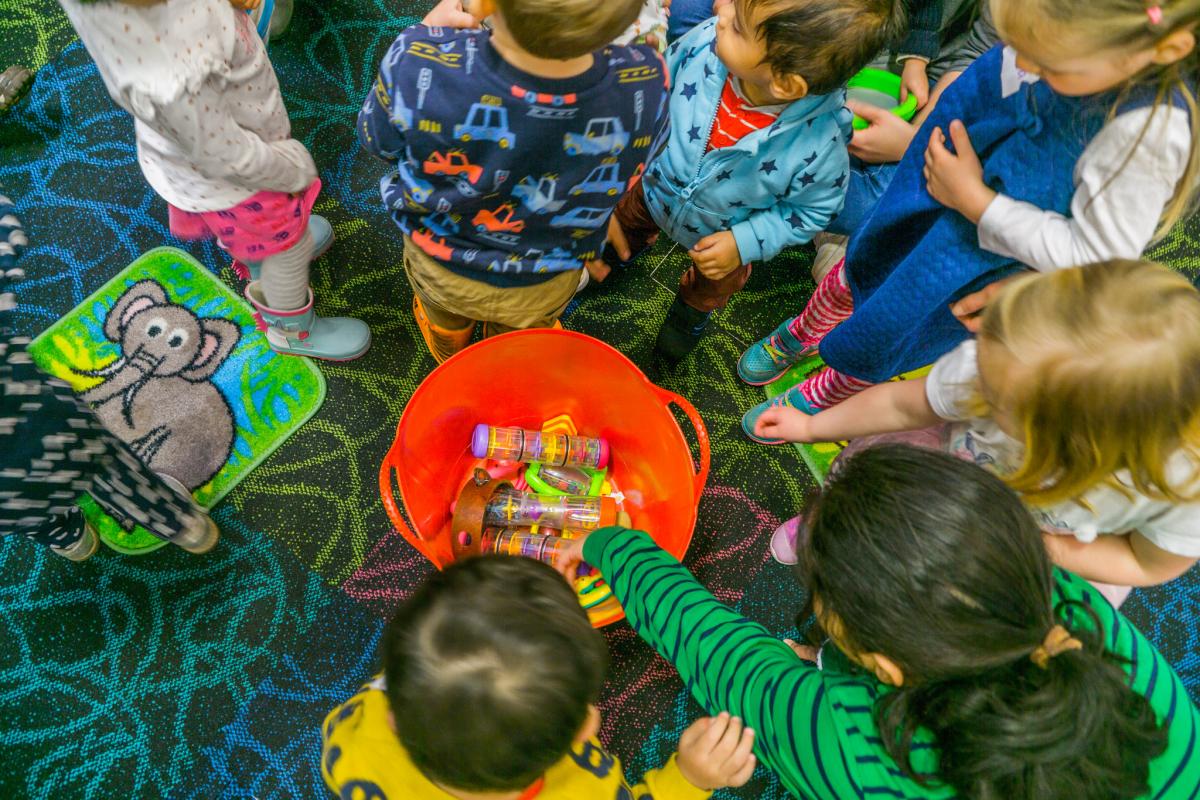Safety processes in libraries are working to keep people safe from COVID-19
Safety processes in libraries are working effectively to keep staff and users safe from COVID-19 infections, reveals a snap survey for Libraries Connected released today. The low rates of Covid-19 infections in libraries suggests that, as long as the safety measures in place are followed, there is little risk to staff and customers.

The findings come just after the government released new guidance for libraries that allow them to deliver a home library service, PC access, browsing and study areas in all three of the new tiers.
Since libraries reopened in July through to November:
- 144 out of 10,254 library staff have tested positive for Covid-19 (1.4%)
- Four out of 87 library services have staff in the same branch or team test positive at the same time (4.8%)
- Two out of 89 library services have been told by track and trace that a library user had tested positive (2.3%)
- 22 out of 91 library services have closed a branch following an infection (31.9%).
A further 11 out of 88 library services also revised their procedures or services following an infection. This included re-checking risk assessments, tightening cleaning and social distancing procedures, and responding to the emerging advice from public health.
Isobel Hunter, MBE, Chief Executive, Libraries Connected:
‘Libraries have worked incredibly hard over the past few months to adapt their buildings and services to create a safe environment for their staff and their users. We are therefore delighted to see that their efforts have been successful with low infection rates and no evidence of positive cases originating in library buildings. We hope these findings will reassure everyone that libraries can safely remain open through this crisis.’
Ends
Notes to editors
An online survey was carried out between 24 and 30 November 2020. Heads of Service from all 176 public library services in England, Wales, Northern Ireland and the Crown Dependencies were invited to complete the questionnaire.

